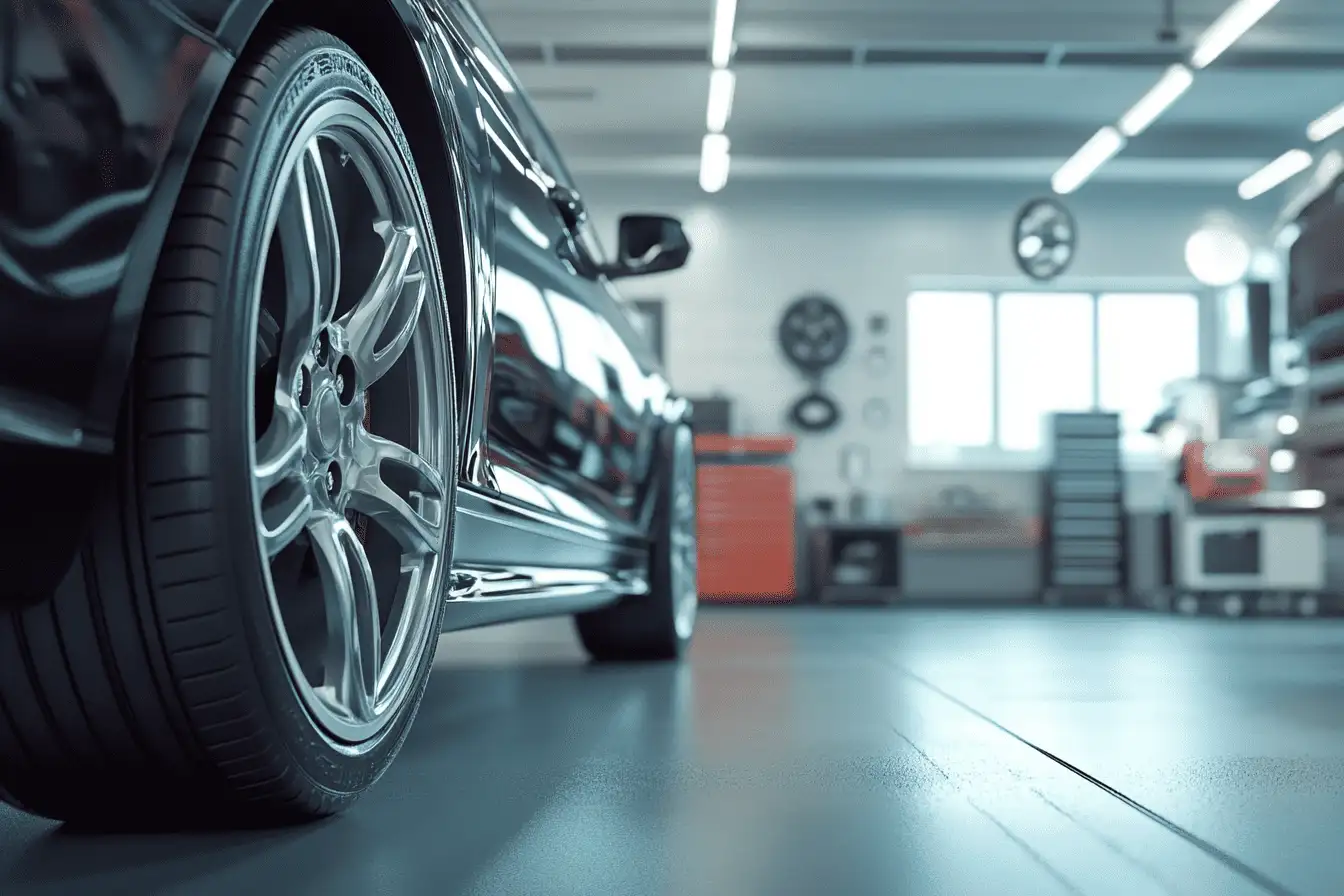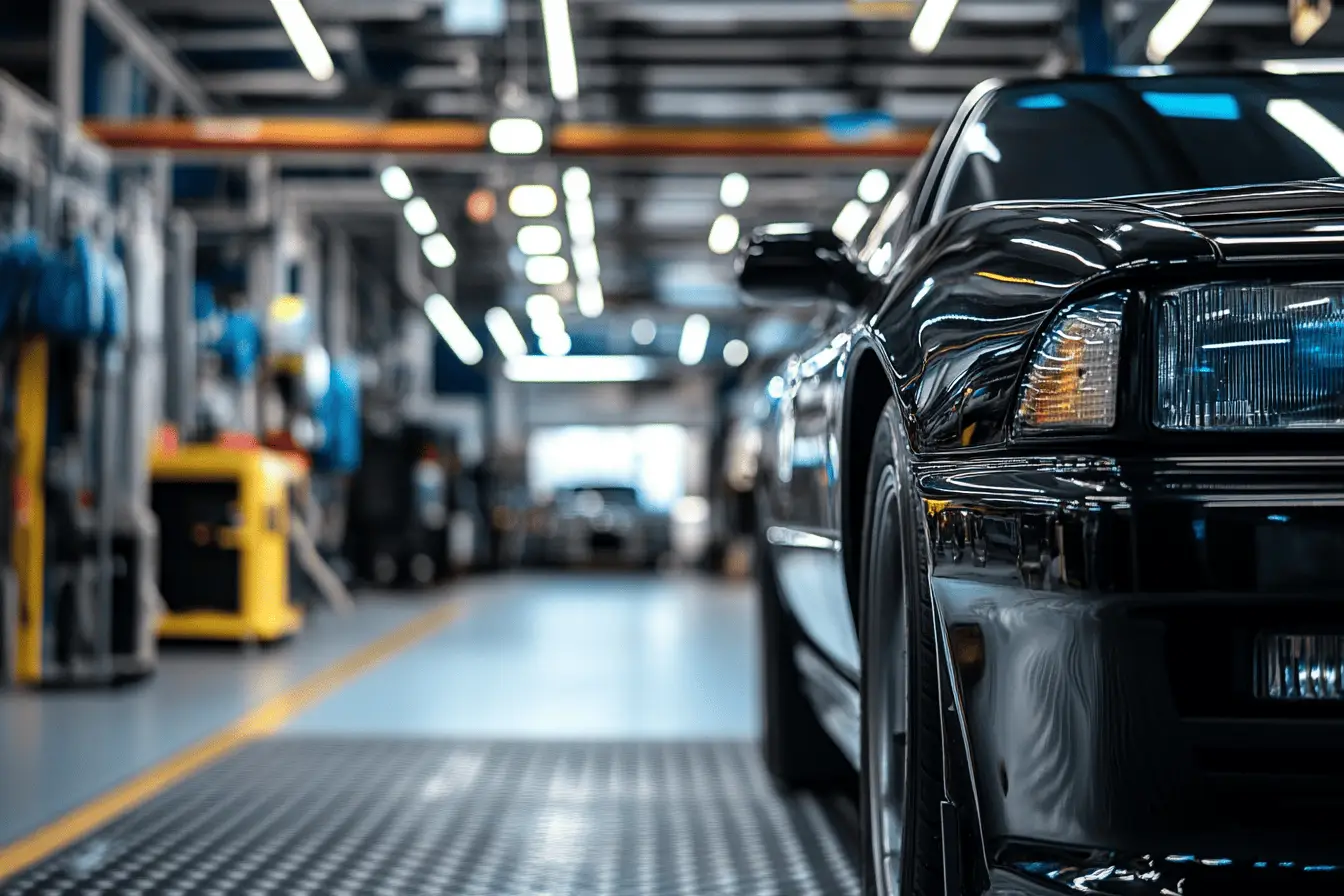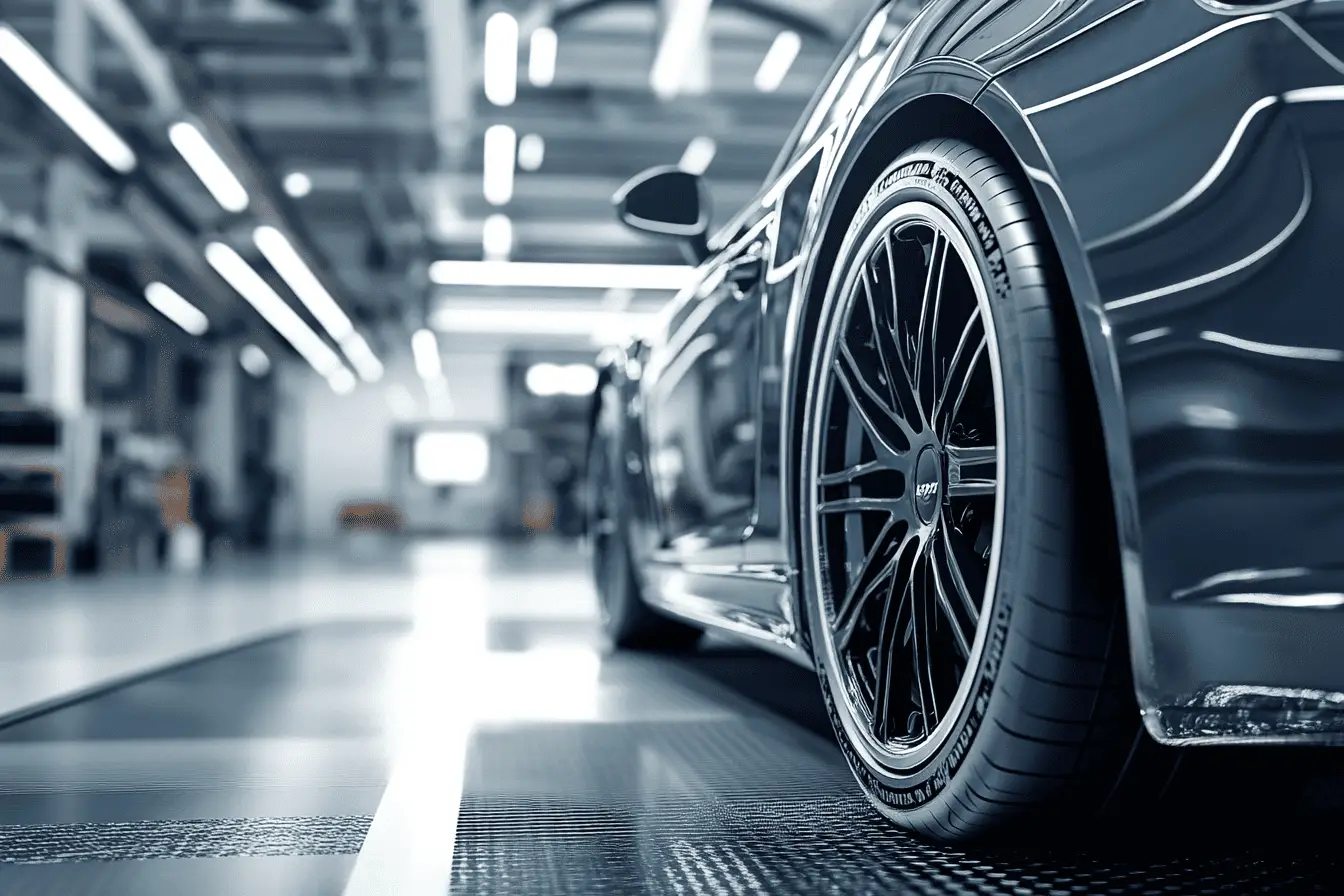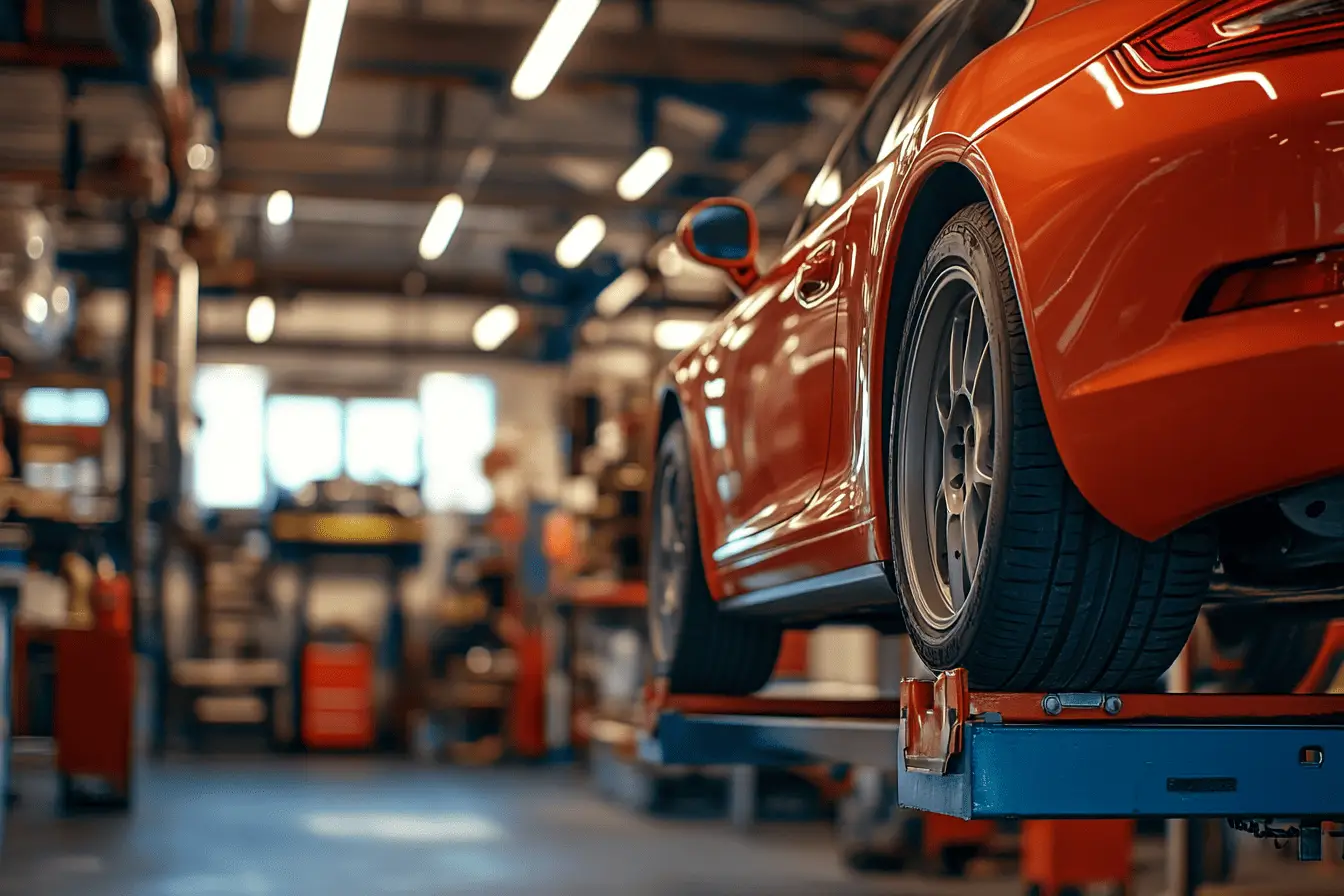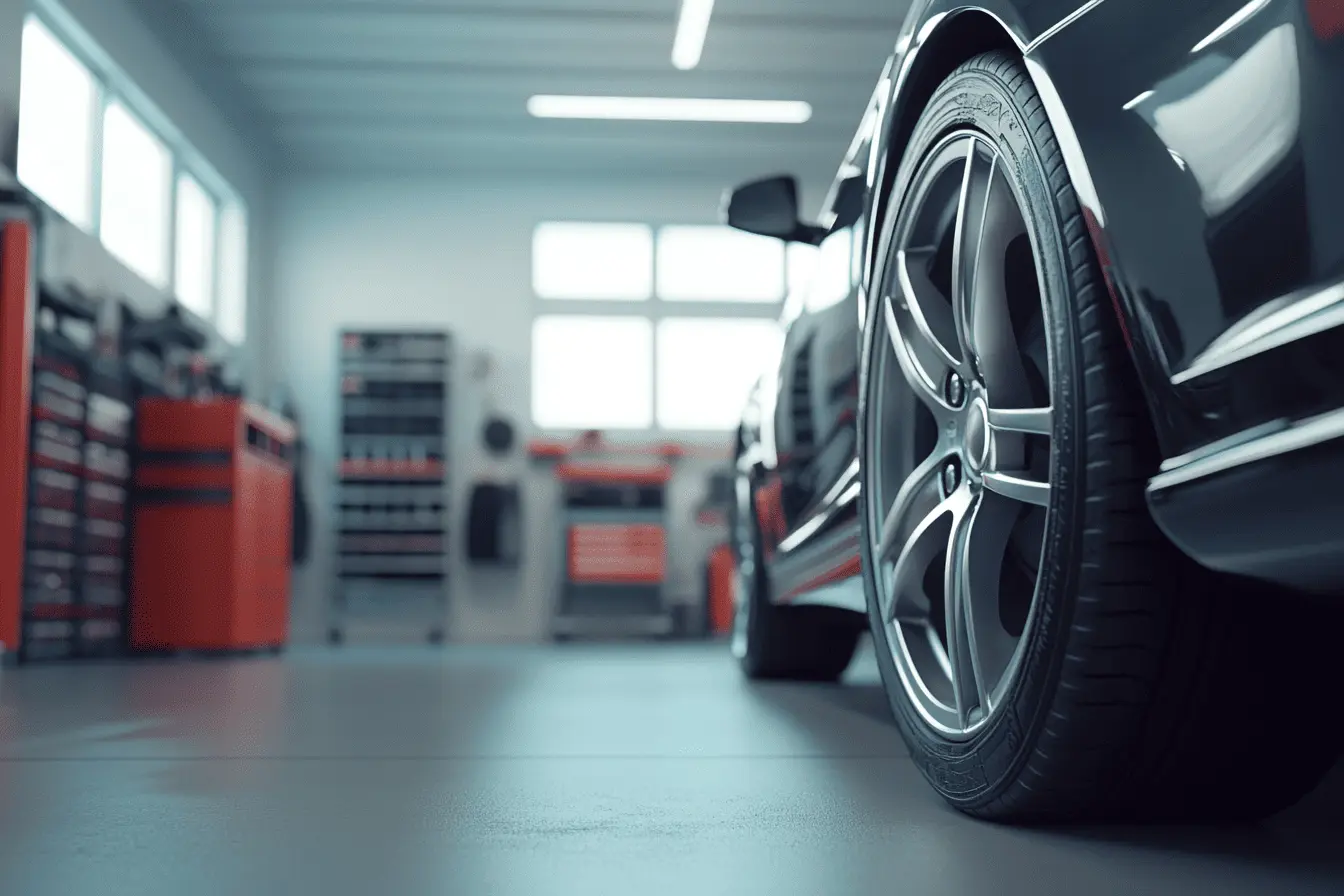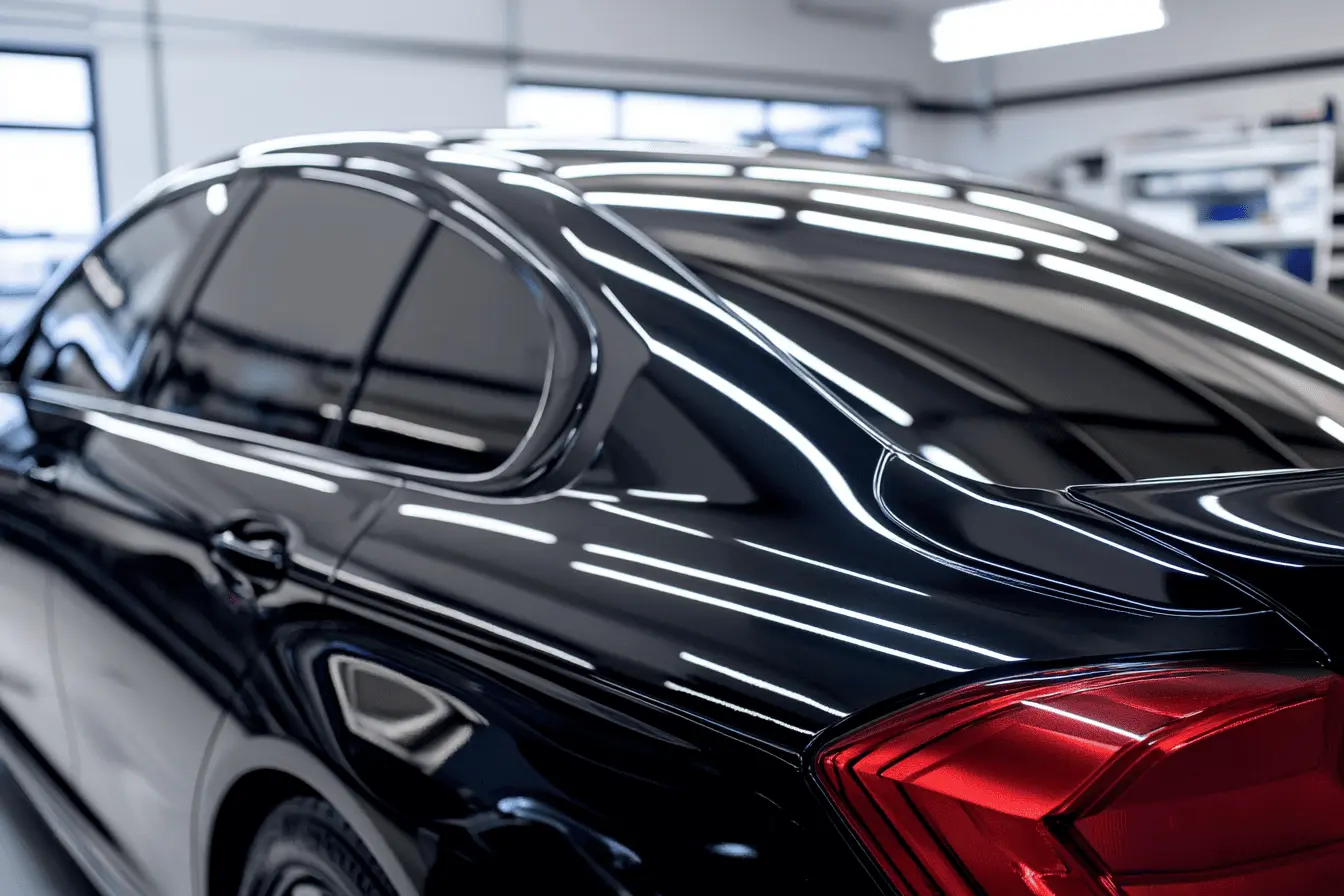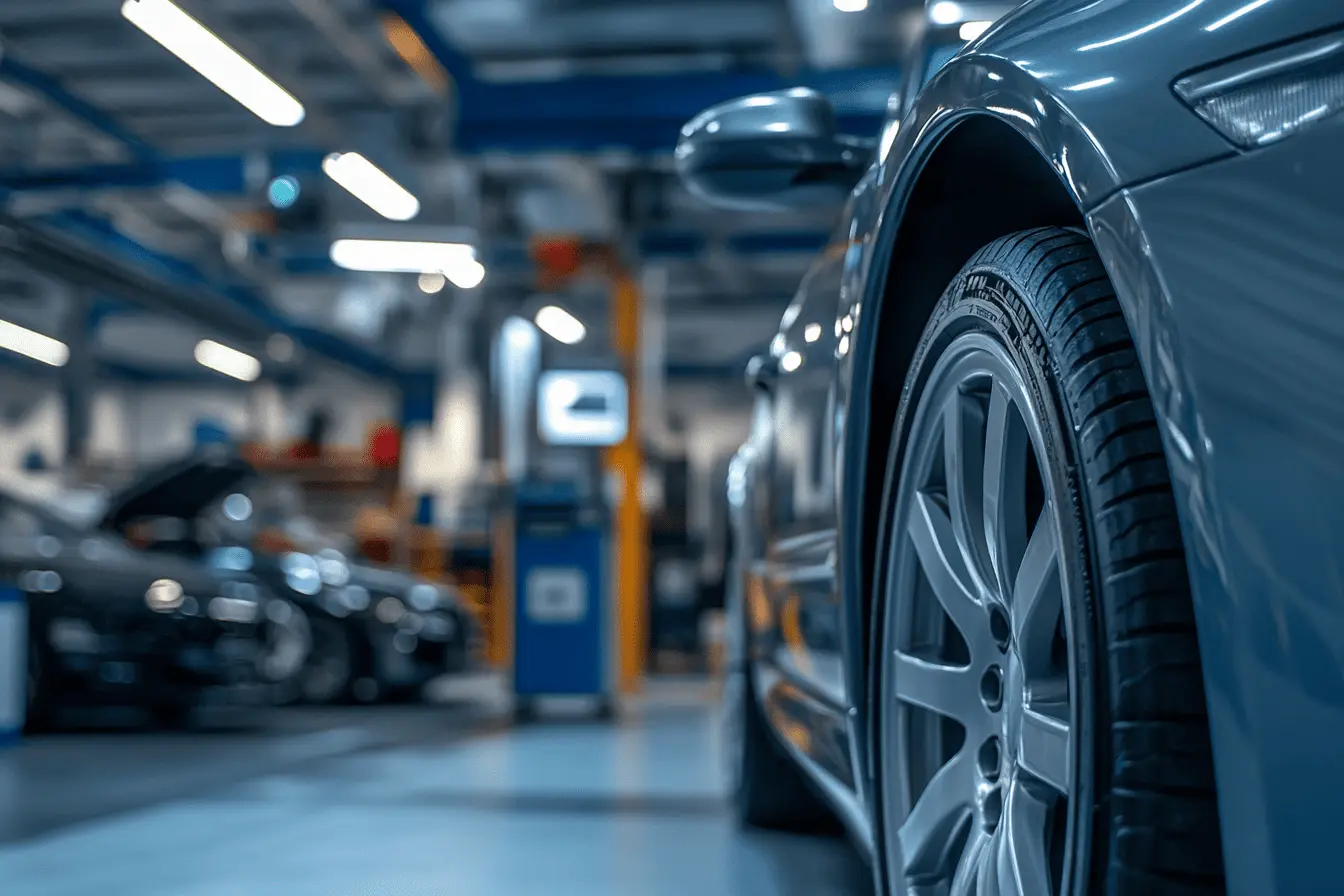
The turbo (or turbocharger) provides that certain extra power that makes driving a pleasure. But what to do in the event of a turbo failure? We show you what the average turbo replacement cost is in the UK. Also: What are the symptoms of a turbo failure? And what causes a turbo to blow / go faulty? Get free turbo replacement estimates and compare prices in your city!
What does an average turbo replacement cost in the UK?
ON AVERAGE: £1,000 – £2,500
Many popular car models in the UK such as VW Golf, Renault Trafic, Nissan Quashqai, Ford Mondeo, Vauxhall Insignia or Range Rover are in the middle of the price range and replacement should cost between £1,000 – £1,800, depending on the exact model and manufacturing year.
Changing the turbocharger is one of those repairs where the spare parts cost significantly more than the labour. Depending on the vehicle model, a new turbocharger costs on average between £500 and £2,000 euros. This large price difference is due to the fact that larger engines require larger turbochargers. The labour costs are comparatively low and are usually in the range of £100 – £400.
However, there are also vehicles that are equipped with two turbochargers. These are usually particularly sporty cars with high engine outputs. With these vehicles, the costs are not simply doubled, but there are also significantly higher costs for labour. Due to the usually very confined space in the engine compartment, a car mechanic needs a little longer to perform the work correctly on such vehicle models.
The following is an example of the cost of the Ford Transit, which is popular in the UK. All figures are estimates incl. VAT and of course may vary.
Example: Turbo replacement cost – Ford Transit | |
|---|---|
Overview | Cost |
New turbocharger incl. small parts | £1,100 |
Oil and oil filter | £70 |
Labour cost | £200 |
Total cost | £1,270 |
Get free instant quotes from garages in your area!
What is a car turbo and what does it do?
Many modern vehicles are now equipped with a turbocharger. This is also known colloquially as a turbo. By using a turbocharger, it is possible to get high performance out of engines with a relatively small displacement. The principle of a turbocharger should be explained in more detail.
The exhaust gases that escape from the cylinders at high speed drive a turbine. There is also a turbine on the other side of the shaft. This delivers the air into the cylinders with a slight overpressure. Since a larger amount of air collects in the combustion chambers of the cylinders, a little more fuel can be injected. A larger amount of the fuel-air mixture leads to a higher engine performance.
What are symptoms of faulty / blown turbo?
- Exhaust pipe is blowing black smoke on acceleration
- Increased oil consumption over a short period of time
- Engine jumps into emergency mode under load
- Unusual rattling noises from the direction of the turbocharger, which occur while driving depending on the engine speed
- Vehicle has limited performance above a certain engine speed
Please note: The turbo failure symptoms mentioned do not all have to occur together. Depending on the exact cause, even one of the above-mentioned symptoms can indicate a defective turbocharger.
What causes a turbo failure?
- Poor lubrication due to incorrect or too old engine oil or an insufficient oil level
- Foreign bodies that have got into the turbocharger, e.g. due to engine damage
- Oil carbon deposits inside the turbocharger
- An insufficient warm-up of the engine
- Wrong tuning
- Wear inside the turbocharger
- Parking the vehicle directly after high load
Can I still drive with a faulty turbo?
This is not a good idea. In the worst case, a faulty turbocharger can lead to engine damage. A defective turbocharger should be replaced as soon as the first signs appear. If the repair is delayed, costly consequential damage will result. The oil from the turbocharger then gets into the catalytic converter.
Oil in the catalytic converter leads to a total loss. In this case, it is usually necessary to have the entire exhaust system replaced. For a vehicle in the compact class, the replacement of an exhaust with catalytic converter costs about £3,500. To avoid these high expenses, the timely replacement of the turbocharger is recommended.
What happens during turbo replacement?
Numerous work steps are required on the vehicle to be able to change the turbocharger. After removing the engine cover, several ancillary units must be removed from the engine. Then the intake and exhaust manifolds must be removed. Only then can the turbocharger be removed and inspected more closely. Only in very few exceptional cases is it possible to repair the turbocharger. As a rule, it suffers a total loss, so that a new one has to be installed.
After the mechanic has installed a new turbocharger, he must reattach the parts that were previously removed. Several special tools are required to carry out this work. In addition, the mechanic needs sufficient expertise. After everything has been reassembled, a short test drive is usually carried out so that the mechanic can make sure that everything works as expected.
First of all, the question arises whether a repair / overhaul is possible or whether the turbocharger must be completely replaced. If it has been clearly diagnosed by an expert that the cause of the problem is a defective turbocharger, repair in a specialist workshop may be an option. In addition, a regenerated turbocharger as a replacement part may be a sensible option.
Here you can usually save considerably compared to a new turbocharger. The exact procedure for removing the old turbocharger and installing the new one varies depending on the vehicle model. First, the oil must be drained and the engine cover removed. Then the boost pressure line, the exhaust manifold and the oil lines are dismantled. In addition, the water connection may have to be removed if additional cooling is provided here. Parts of the exhaust may also have to be dismantled.
The turbocharger can then be replaced. The effort for the change can increase if further problems arise. For example, if the stud bolts on the exhaust side are corroded and cannot be loosened. When replacing the turbocharger, the oil lines should always also be changed or at least cleaned to prevent further damage. In addition, the oil should be changed, including replacing the oil filter. In addition, the air filter, the catalytic converter and any diesel particulate filter should be checked or cleaned.
How long does the workshop need for a turbo replacement?
The exact time varies, of course, depending on the car model and workshop and can be between 1 – 8 hours. However, the average time for a turbo replacement is 2 – 4 hours.
What can I do to protect the turbo charger?
In the turbocharger system, there is regularly a lot of friction that stresses the material. If the turbocharger is defective, it is often a case of wear due to this friction. Therefore, it is crucial to thoroughly lubricate the bearings in the turbocharger with oil. This way, you protect the component and combustion can take place efficiently in the long term.
How can I reduce my turbo replacement cost?
» Get free turbo replacement estimates and compare prices
The cost of a turbo replacement varies not only between car models, but also from city to city and workshop to workshop. The costs in London, for example, are always somewhat higher than in the rest of the UK. For this reason, it is always advisable to do a regional price comparison beforehand to find the best value for money in your city.

